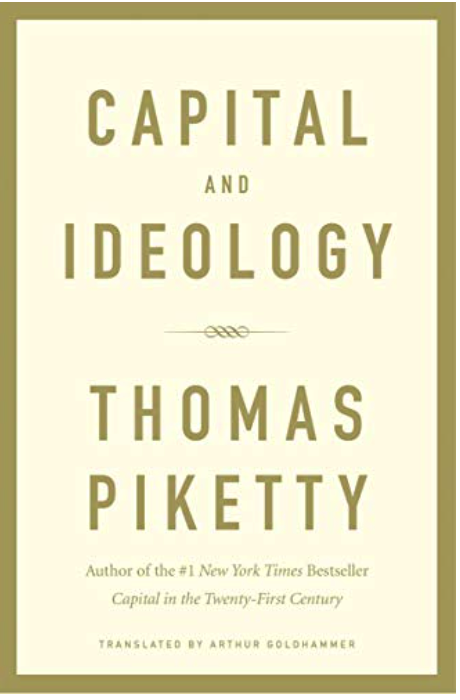Symbiocene

Symbiocene Key ideas: Money converted into inflexible energy exchange (?) 120,000 population works within the existing system Capitalization provided by coop structure (not bank, not ROI) Discussion: Scrapping "money" for an "inflexible energy-based" unit is extremely radical This goes back to the Marxist economic theory that explores the "intrinsic or fair" value of things Government (if any) has no role to play in controlling the currency, which is seen as a good thing This implies a strongly negative view of "government" in general Coops are assumed to scale up to cover all aspects of the economy, which may make sense since Symbiocene is basically a big Kibbuz This type of money has never been tried, but it was proposed by HG Wells in " Modern Utopia " To cite one of a thousand problems, the value of the currency would change wildly as it tracks the "real" cost of energy. It would be like basing the currency on a barrel of




